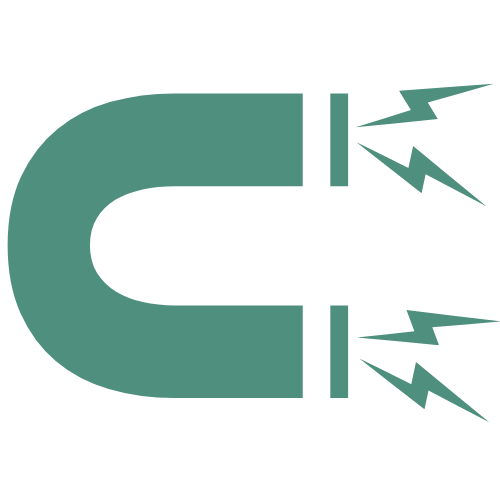Here’s the deal. You think thousands of thoughts a day, many of them in the background, on repeat, below your conscious awareness. Some of them help you to function smoothly. But do some of your thoughts and assumptions hold you back, keep you feeling unfulfilled?
We are all programmed to think and act in certain ways.
Your programs can be based on:
- the country we grew up in
- the language we speak
- the dynamics of our family of origin
- our formative relationships
- and dozens of other factors
To learn more about the interview I mentioned in the video — where the robot says, “The truth is that everybody is programmed” — check out Debugging Your Programming.
You probably have some specific thoughts about your career or life that you picked up along the way.
Thoughts like, “I should be grateful to have a job, even if it sucks the life out of me,” or, “I could never make a good living doing what I love.”
Beliefs, or assumptions, aren’t good or bad on their own.
They simply result in different behaviors based on different beliefs. Our thoughts and assumptions DO affect our decision-making, what we allow ourselves to desire and do, and how we show up in the world.
As a coach, my primary work is to help my clients spot their own programming – and then decide which programs are bugs and which programs are useful and running fine. You can do this on your own, too.
So let’s talk about your thoughts, assumptions, dare I say mental programs, that keep you unfulfilled. And how to master those thoughts, check your assumptions, and debug your programming.
The first step is to identify those assumptions.
They often show up as rules, shoulds, have tos.
The practice of identifying thoughts supports separating yourself from the personas, behaviors, and attitudes that destabilize you. It helps you envision them as tendencies, rather than concrete certainties or your whole being.
Here are a few prompts to help:
- What “rules,” “shoulds,” and “have to’s” do you live by?
- What are your emotional expectations – how you’re supposed to feel and express yourself?
- If you’re unhappy with the way you function in relationships, name those relationships. Next, name the “rules’ of those relationships, whether they’re rules imposed by the other person or by yourself. What behaviors control your interactions in those relationships?
- Check your intellectual stances – how you’re supposed to think, what you’re supposed to think, how you’re supposed to be intelligent?
- What are your physical rules – how your body is supposed to look and perform for others?
- What are your spiritual expectations – how you’re supposed to meditate, pray, or behave in relation to spirituality or religion?
- And of course, this can apply to career: what are your career rules? Where “should” you be?
Just identifying your assumptions might illuminate whether they’re helpful or not.
Check those assumptions that might keep you unfulfilled.
Once you’ve downloaded some of your thoughts, notice which ones feel limiting, constricting, or might keep you escaping into fantasy. Remember, your thoughts (assumptions) greatly influence how you take action, so you’ll want to change those thoughts that aren’t serving you.
Check ’em.
Are your assumptions even true? Are they helpful to you?
Do some research, explore other possibilities, or work with a coach to help you get clear on what are the crystal clear facts versus what are assumptions.
For instance, if you’ve got an assumption that you could never make a great living if you left your current field? Find examples of people who have. Interview them if you can. Fill your mind with alternate perspectives and facts to break out of the old assumptions.
Burn ’em.
If you’ve worn some of those assumptions like shackles, now’s your chance for liberation. Imagine breaking free from the shackles and escaping the prison of your old beliefs. Write them in water-soluble markers on rocks and throw them into a body of water. Or burn those old contracts in your fire pit, then take the ashes to the dump.
Rituals like these can help break your brain out of its rut of thinking the old thoughts on autopilot and make space for a new way of thinking and doing.
Rewrite ’em.
Craft an intentional new thought that is more true and that helps you feel more fulfilled and take actions that will get you closer to the work and life you love.
If you’re feeling less fulfilled than you like, check your assumptions. Those back of mind beliefs affect not only how you feel, but also how you take action in the world. One of the most powerful things you can do to create more fulfillment in your life is to know what you’re thinking. Look at your thinking straight on. That’s how you get free to change them and to create the life you want.


